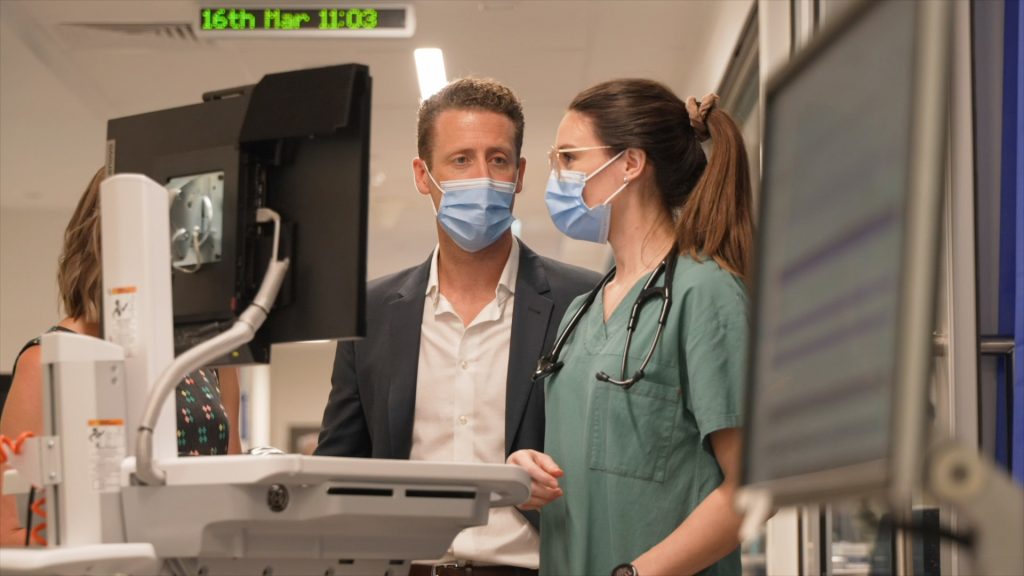Researchers at the Royal Adelaide Hospital are at the forefront of research that could change worldwide management of sepsis in intensive care unit by using megadoses of a vitamin C derivative, sodium ascorbate.
The Federal Government is investing $4.9 million as part of a Medical Research Future Fund (MRFF) grant to support the introduction of a series of world-first studies.
A lethal problem
Sepsis occurs due to an exaggerated response to an infection whereby an overactive immune system damages the body’s own tissues and organs. This can lead to shock, multi-organ failure, or death, particularly when it is not recognised and treated quickly.
Sepsis is responsible for one in every five deaths globally and contributes to up to half of all deaths in hospital, while patients that survive sepsis often suffer long-term physical, cognitive and psychological dysfunction.
Currently, patients with sepsis are treated with medications such as antibiotics, however, this care, particularly if it is not provided immediately, is not always effective.
Head of Research and Innovation for the Intensive Care Unit and University of Adelaide researcher, Associate Professor Mark Plummer, highlighted the urgency of new treatments.
“These rates are alarming and highlight the importance of developing new treatments for this life-threatening condition.”
“Potential to change the way sepsis is managed worldwide”
The clinical trial, led by the Central Adelaide Local Health Network in partnership with the University of Melbourne and the Florey Institute, aims to examine whether a megadose of a derivative of vitamin C called sodium ascorbate can improve outcomes for patients admitted to the Intensive Care Unit with sepsis.
“Using vitamin C to treat sepsis has had mixed results in previous studies however we believe a megadose of the vitamin C derivative, sodium ascorbate, may be the key to creating an effective treatment,” said A/Prof Plummer.
The first human trials are ongoing at the Royal Adelaide Hospital, Royal Melbourne Hospital and Monash Medical centre supported by $390,000 in funding from The Hospital Research Foundation Group.
“Our research is exciting as it has the potential to change the way sepsis is managed worldwide so we are delighted to be able to expand this trial and examine this treatment further,” said A/Prof Plummer.
As part of the trial, participants with sepsis are randomly assigned to three treatment arms with patients in the mega-dose sodium ascorbate arm receiving an intravenous dose of 270 grams over 48 hours which is equivalent to around 5,000 oranges or 500 vitamin C tablets.
The grant from the MRFF will fund the expansion of this trial to additional sites and will also fund animal studies led by the Florey Institute in partnership with the University of Melbourne, Walter and Eliza Hall Institute of Medical Research, Doherty Institute and Peter MacCallum Cancer Centre.



